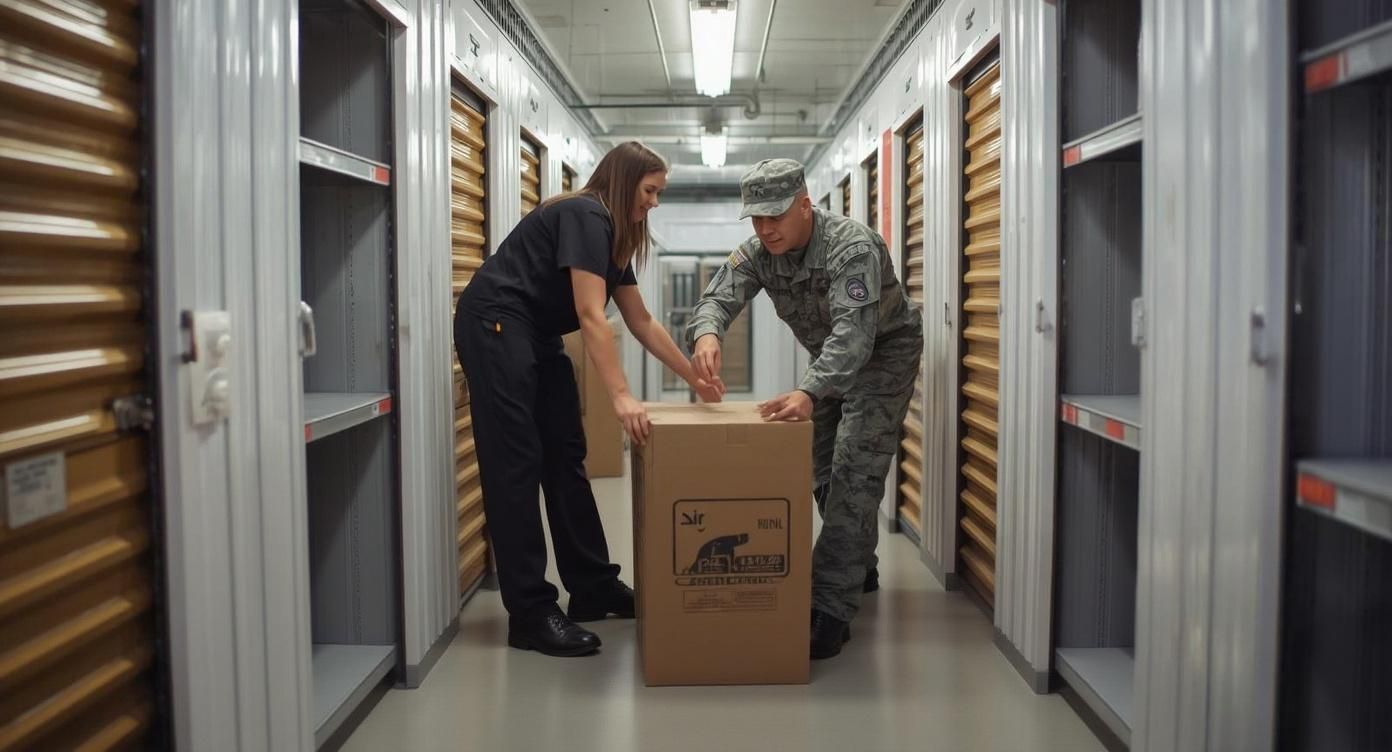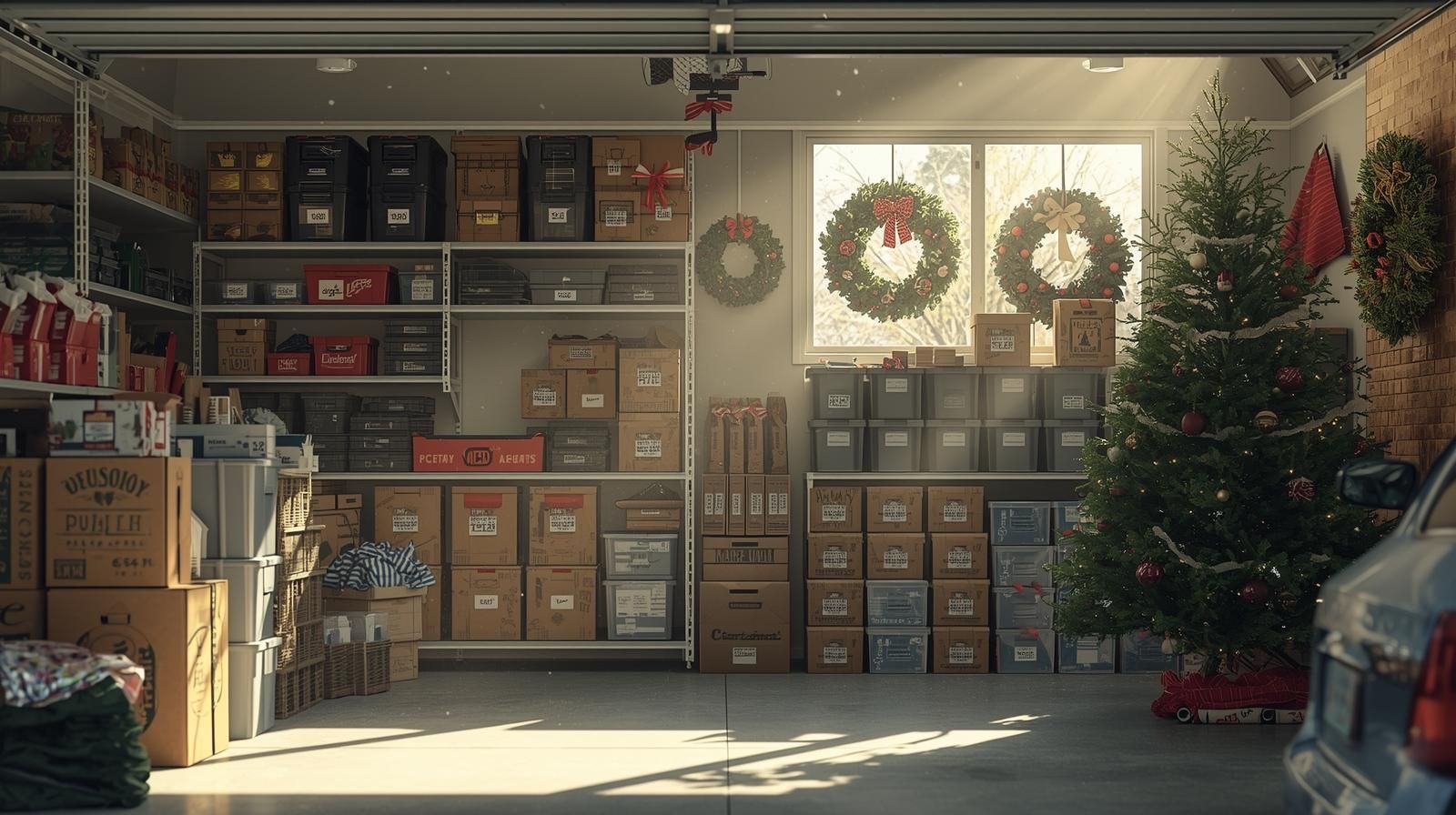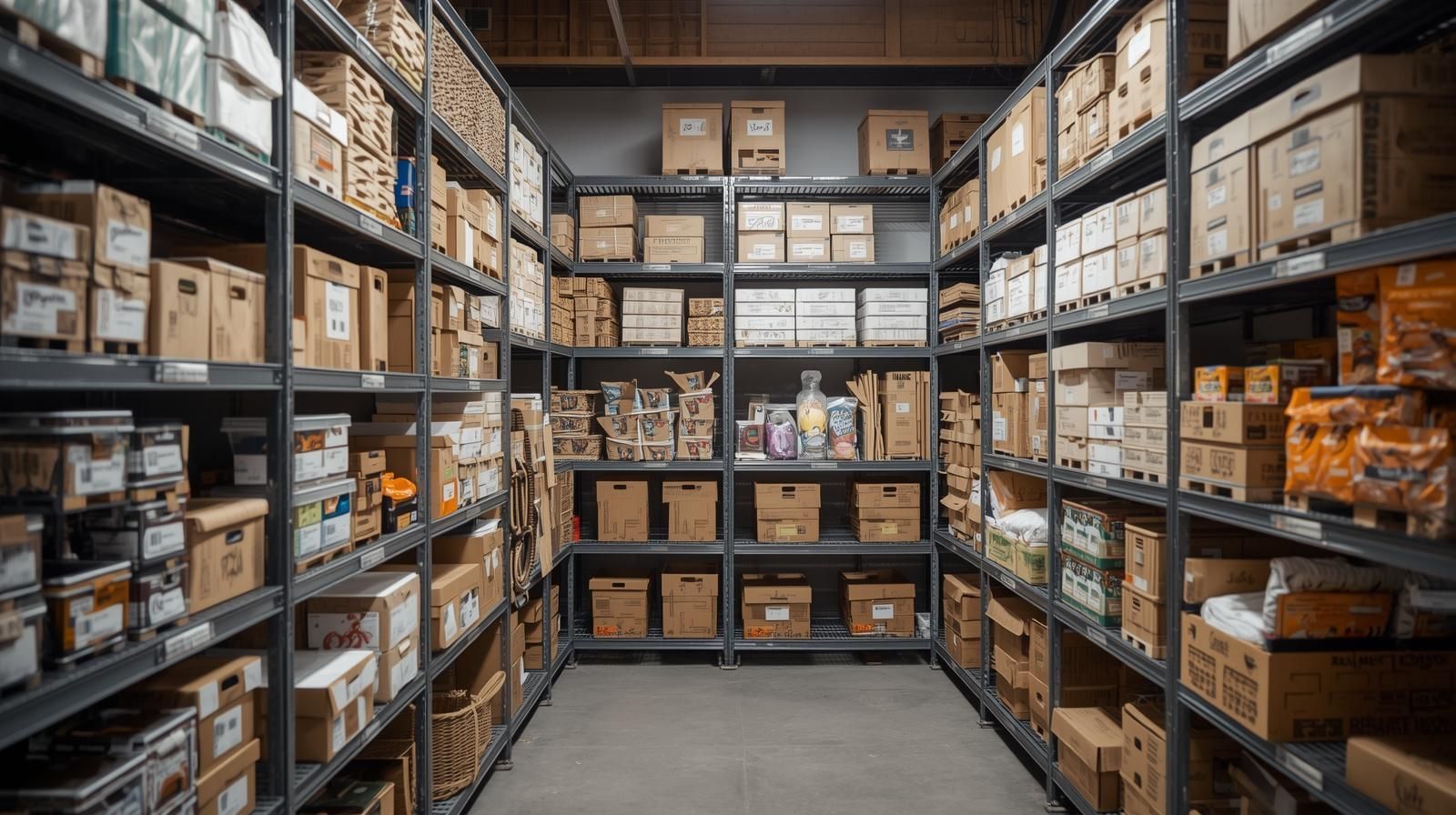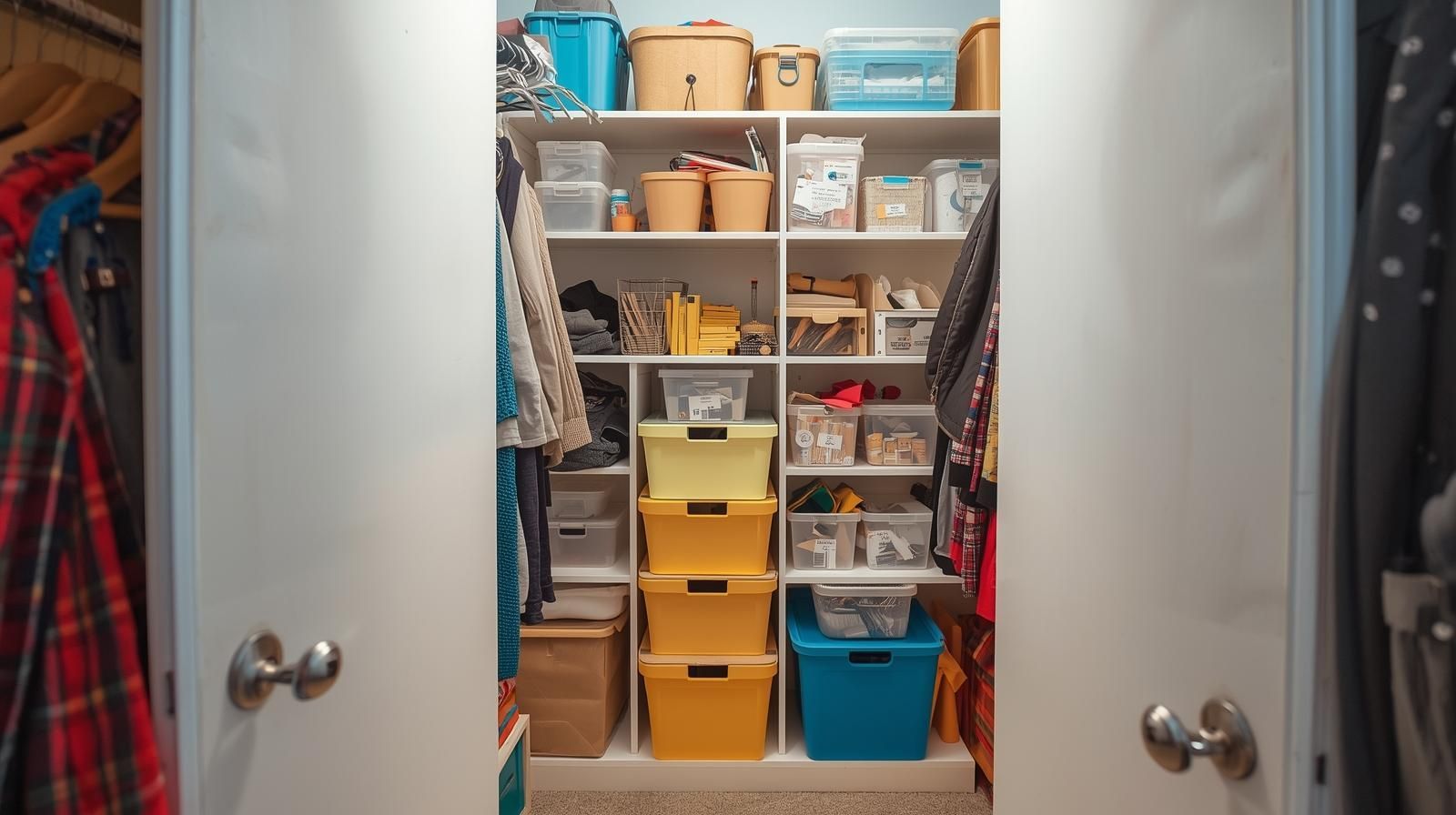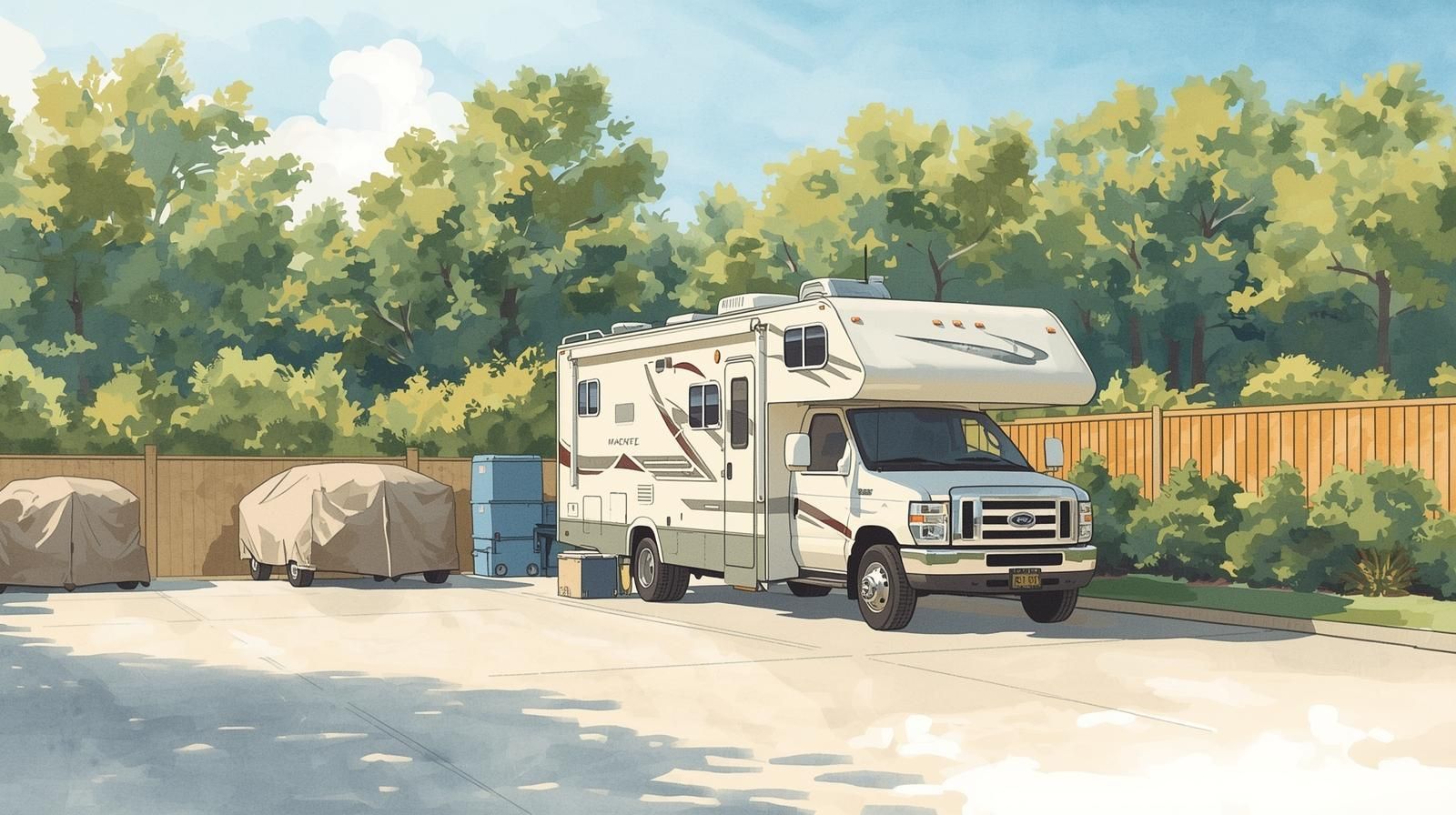Boat Storage Tips: How to Store Your Boat the Right Way
Boat season is one of the best times of year, but what do you do with your boat once the season winds down? Whether you're preparing for winter, heading out of town, or need to free up space in the driveway, proper boat storage protects your investment and saves time and money in the long run.
If you're looking for affordable outdoor boat storage with security and flexible access, City Storage Holden offers covered vehicle and boat parking, ideal for seasonal or year-round boat owners in the area.
Here’s a complete guide with practical boat storage tips to help you preserve your vessel and make sure it’s ready to go when the water calls again.
1. Clean Your Boat Thoroughly
Before your boat goes into storage, even for a month, clean it well inside and out.
Exterior: Wash off salt, algae, dirt, and grime. Saltwater, especially, can corrode metal and damage the finish if left over time. Focus on the prop, trim tabs, and hull—areas that commonly collect residue.
Interior: Remove all food, drinks, and trash. Wipe down surfaces and vacuum compartments, seats, and floors. Leave compartments open while drying to reduce mildew and odors. A clean boat not only stores better but also makes spring prep easier.
2. Flush and Protect the Engine
This step is critical whether you have an inboard, outboard, or sterndrive engine.
Start by flushing the engine with fresh water to remove any salt or sediment. Then add a fuel stabilizer and run the engine for a few minutes to circulate it through the system. Afterward, change the oil and filters.
Here’s a helpful update: rather than topping off your fuel tank entirely, most marine experts now suggest filling it to about 95% full. This allows for fuel expansion during seasonal temperature shifts while still preventing condensation and corrosion inside the tank.
For more detailed winterization steps, consider reviewing the BoatUS website.
3. Remove and Charge the Battery
Batteries suffer when left unused for long periods. Disconnect your boat battery, store it in a cool, dry place, and use a trickle charger to maintain a consistent charge.
If your boat uses a lead-acid battery, inspect the water levels monthly and top off with distilled water if needed. Clean any corrosion on the terminals with a mixture of baking soda and water.
4. Drain and Dry All Water Systems
Leaving water in your systems can cause serious damage, especially in freezing climates. Drain your bilge, freshwater tanks, ballast tanks, and live wells thoroughly. Use towels or an air compressor to remove any residual moisture.
If you're storing the boat in a region where freezing is a concern, run non-toxic antifreeze through the plumbing and pumps to avoid cracks. You should also be aware of marine weather risks when preparing your boat for off-season storage.
5. Cover Your Boat Properly
One of the best ways to protect your boat from the elements is by covering it correctly.
- Fitted boat covers provide decent protection, especially when securely fastened. Opt for covers with vents to allow moisture to escape.
- Shrink wrapping offers the highest level of protection for outdoor storage. This tight, waterproof covering is typically installed professionally and costs
$10–$20 per foot, depending on your boat’s size and location. It’s a worthwhile investment if you're storing outdoors for several months.
Regardless of your cover type, ensure there’s proper ventilation to avoid trapping moisture, which can lead to mold, mildew, and corrosion.
6. Choose the Right Type of Boat Storage
Your choice of storage depends on climate, budget, and how often you plan to access the boat.
Indoor Boat Storage
Garage bays, warehouses, and some self-storage units offer indoor space. This option provides the most protection from weather, sun damage, and theft. It's also ideal for boats in regions with harsh winters.
If you're considering indoor boat storage, measure carefully—length, width, and height. Most indoor self-storage units that fit boats start at 10x25 feet.
Outdoor Boat Storage
This is the most common and budget-friendly solution for most boaters.
- Driveway or backyard parking: Convenient if you have the space, but check local regulations and HOA restrictions.
- Uncovered parking lots: Widely available at storage facilities. You'll need a solid cover or shrink wrap to protect your boat.
- Covered outdoor storage: Like a carport, these protect against sun and rain but remain open to temperature changes. It's a great middle-ground for those who want some protection without the indoor price tag.
Look for paved lots, good drainage, and video surveillance when choosing outdoor storage. Bonus points if the facility has 24/7 gate access and wide turning space for trailers.
7. Bonus Tips for Long-Term Storage
If your boat will be stored for several months, here are a few extra steps to take:
- Remove electronics, fire extinguishers, and valuables. They’re sensitive to temperature swings and are frequent theft targets.
- Lubricate mechanical parts, such as steering cables and hinges, to keep them moving freely.
- Loosen straps and belts to relieve tension that could cause stress cracks.
- Double-check your insurance coverage to ensure protection during off-season storage.
Create a checklist of what you've prepped so you don’t forget when it’s time to de-winterize.
FAQs About Boat Storage
Can I store my boat in a storage unit?
Yes, smaller boats on trailers may fit in storage units 10x25 or larger. Always measure first and confirm with the facility.
How much does boat storage cost?
Outdoor parking typically ranges from
$50 to $150/month, while indoor options or dry stacks can exceed $400 depending on location and amenities.
What size unit do I need for my boat and trailer?
Most boats under 22 feet can fit in a 10x25 unit. Add a few extra feet for the trailer tongue, motor, or any custom add-ons.
What's the difference between covered and uncovered storage?
Covered storage shields your boat from UV rays and precipitation, while uncovered parking leaves your boat fully exposed. Covered options offer better long-term protection without the higher price of full indoor units.
Looking for a Reliable Spot to Store Your Boat?
You’ve put time, money, and effort into owning a boat—it deserves a storage setup that keeps it safe. Whether you're in between lake days, winterizing your boat, or just trying to reclaim space at home, a reliable storage solution makes all the difference.
Secure outdoor boat parking near Holden Beach is right around the corner at City Storage Holden. With wide parking lanes, covered spots, and flexible monthly terms, it’s the ideal place to keep your boat safe, accessible, and ready for your next adventure.



